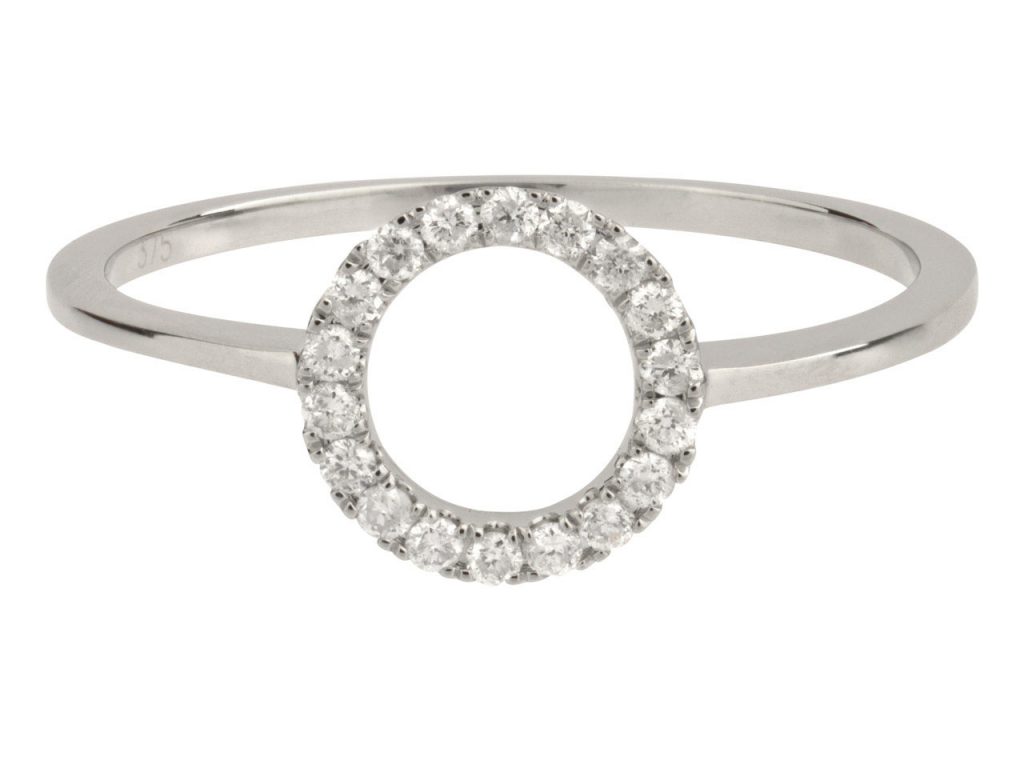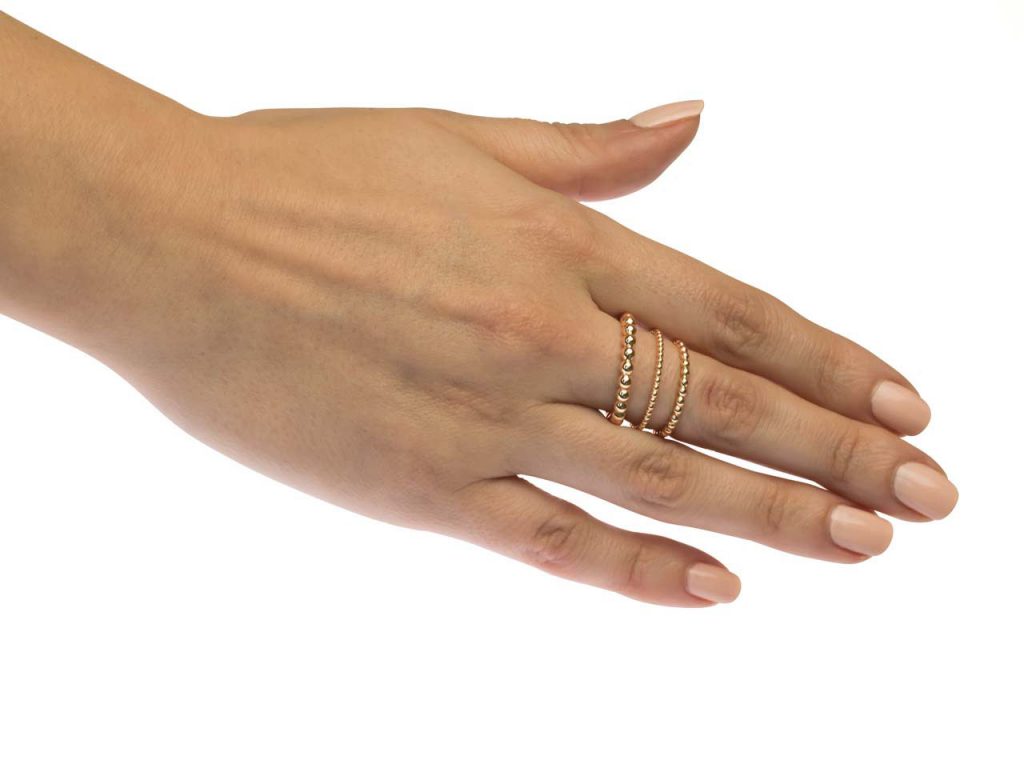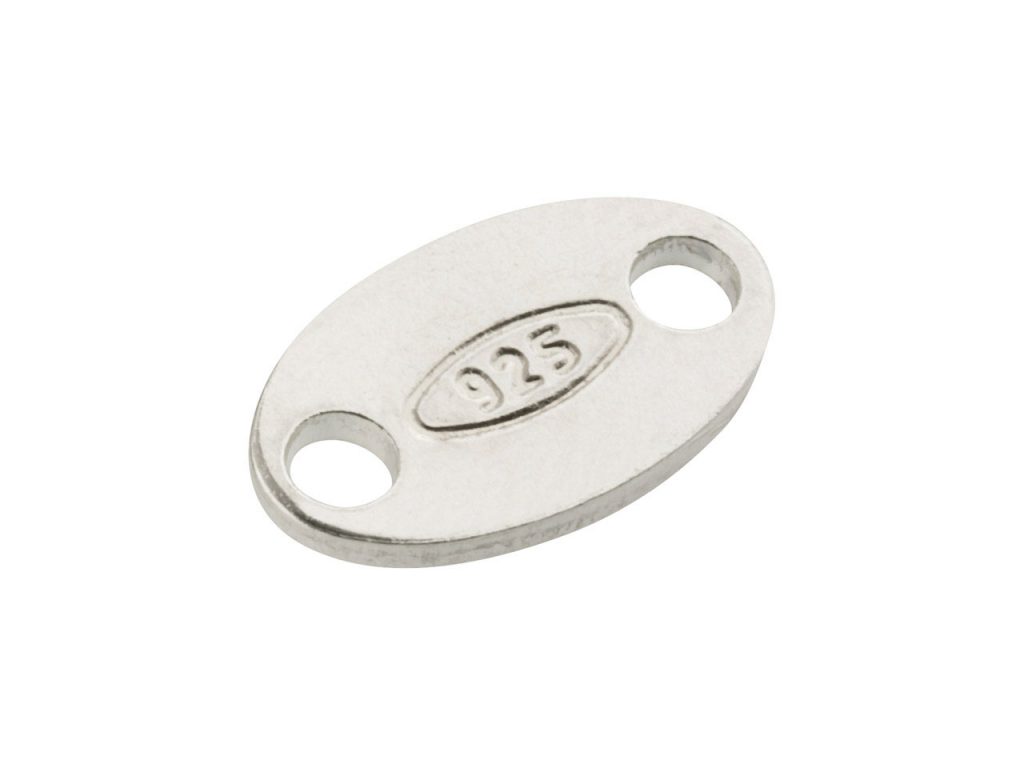Recent Jewellery and Metal Trends
Like all trends, metal trends come and go and often move in cycles when tracked over a significant period of time. There are many different factors which can affect what is popular at any one time, however, the bottom line remains – what products are selling best and that always makes for interesting reading.
Take engagement rings for example. There was a very clear shift during the mid-1990s towards white gold and more streamlined designs, as younger generations looked for rings which were different from their parents. Yellow gold fell out of favour, being deemed ‘old fashioned’, and white gold along with platinum reigned supreme, and has continued to do so up until recently.

We have grown accustomed to seeing row upon row of modern and simple white metal designs which have been filling the windows of jewellery stores, and now people are finally looking for something different. The reason that customers originally abandoned yellow gold has now, in turn, become the exact same reason why people are seeking it out again. We want vintage, we want classic and we want traditional over sleek.
However, this is not where the story ends as there is a new kid on the block who is causing quite a stir! Rose gold has come from behind to become a main contender when it comes to engagement rings, and is continuing to grow in popularity. In an industry where trends tend to move at a glacial pace, rose gold is new whilst also giving us that vintage feel, so it ticks a multitude of boxes. It represents that half way house between yellow and white metals which is more subtle than yellow, but less stark than white so it is very complimentary to a range of skin tones.

In terms of the wider picture and actual figures, the only firm statistics come from the Hallmarking Office who publish their figures annually. As we are still in 2018, the closest we can get is to look at the figures for 2017, which tell us that the total number of items sent for hallmarking has dropped by 4.3% to 9,335,729 across all four UK offices. Within this number, gold, platinum and palladium numbers have dipped whilst silver has increased.
According to these figures, silver still has the biggest market share (53%) if we are talking quantity alone, closely followed by gold (43%). Lagging quite some way behind is platinum with 3% and then palladium which has less than 1%. If you are planning a window display or building up your stock from scratch, this information would make a good foundation for your alloy split!
Within these broad categories comes more vital information as it is clear that 9ct gold is still the clear winner in the UK, accounting for 66% of all gold items hallmarked during 2017, whilst 18ct represents less than a third of that (20%) which is down on the previous year. Silver is booming with a massive 9.2% increase on 2016, which can be directly attributed to 925 sterling silver as this amazingly represents 99% of the entire silver category.

As we prepare for the busiest time of the year there are some clear winners when it comes to precious metals at the moment, particularly if you are in the entry level to mid market sectors. Some good advice would be to stock up on 9ct rose gold/red gold and sterling silver items, and hopefully you should be reaping the rewards come January 2019. In the meantime, you can learn more about rose gold and the trend of using this alloy for making jewellery by taking a look at this article from our blog.
Note: Hallmarking statistics and information obtained from https://www.assayofficelondon.co.uk/news/annual-uk-hallmarking-figures-for-2017
source https://jewelryexchangedallas.com/blog/recent-jewellery-and-metal-trends/
source https://jewelryexchangedallas.blogspot.com/2018/11/recent-jewellery-and-metal-trends.html
Comments
Post a Comment